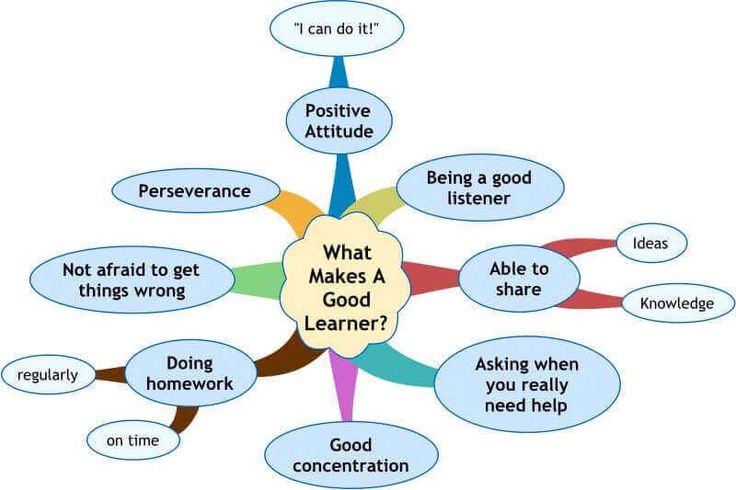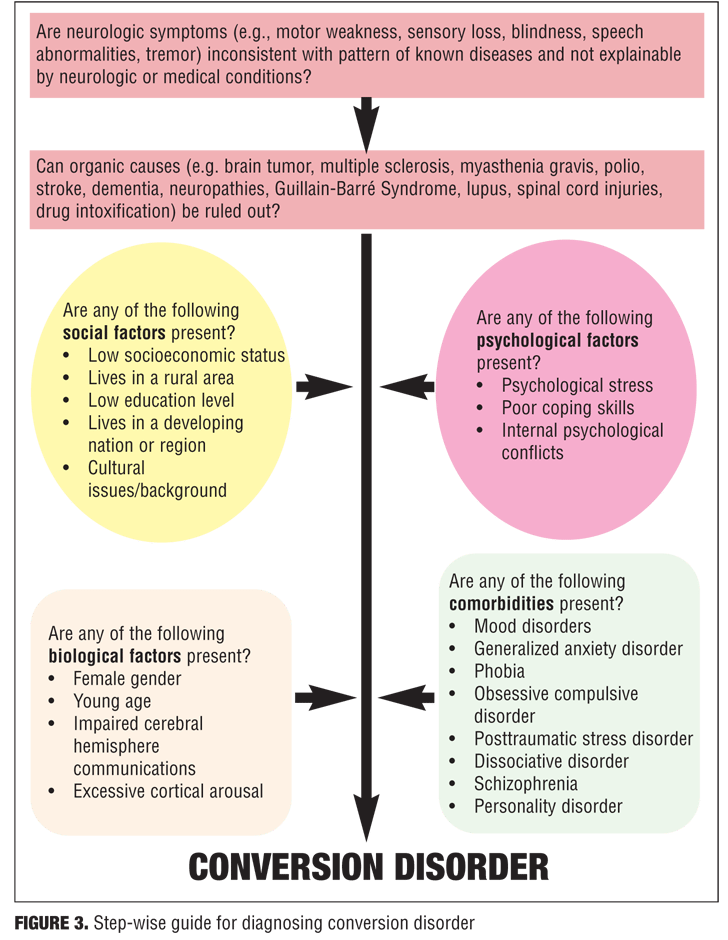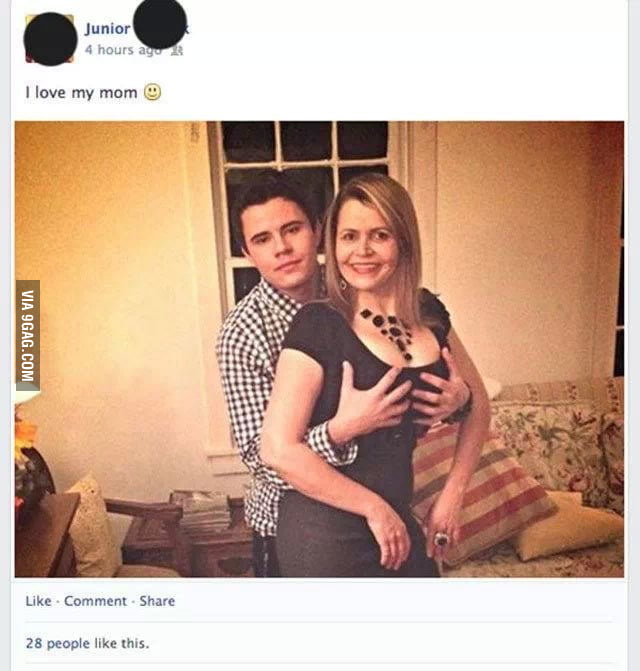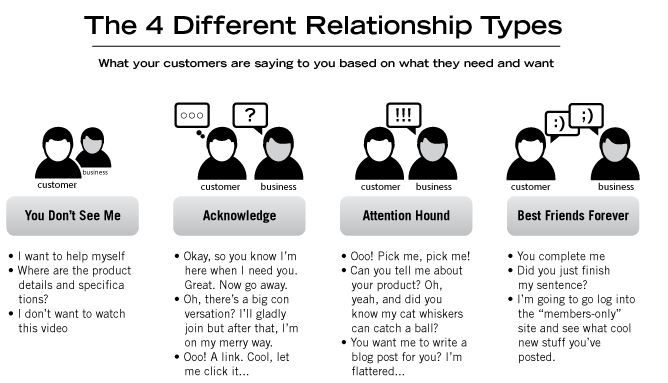Codependent mother daughter relationship
Parent Codependency: Recognizing the Signs
You may be familiar with the idea of codependency from the world of alcohol and chemical misuse. In fact, that’s where the term “codependency” was born.
Today, though, the term has broadened to include relationships. It’s sometimes connected with other kinds of codependency.
For example, a 2009 study of 171 adult females suggested that parental alcohol misuse or history of childhood abuse may make relationship-based codependency — such as the parent-child variety — more likely to happen.
But it can also occur all on its own. Here’s what you need to know about being a codependent parent — and how it puts your children at risk.
A codependent parent is one who has an unhealthy attachment to their child and tries to exert excess control over the child’s life because of that attachment.
Codependency can be found in the full range of parental relationships: A codependent father may rely on his daughter or son to keep him mentally stable and emotionally happy. A codependent mother may rely on her son or daughter to take responsibility for her physical well-being.
While codependent parents may claim that the close relationship they covet is a sign of a well-functioning family, their preoccupation with each other is a sign of dysfunction.
It’s important to realize that codependency isn’t easy to spot, according to a 2014 research article. Biological, psychological, and social elements can all contribute to codependency.
If you think you may be a codependent parent, here are some signs to look out for.
In a codependent relationship, your sense of self depends on your relationship with your child.
Codependent relationships feed on a cycle of neediness: One person needs the other. Sometimes, but not always, it works both ways and the other person wants to be needed too.
Parents who are codependent may try to control their child’s life. This control can show up in different ways:
- Over-involvement.
 For example, if a parent sees that something painful is happening in their child’s life, they’ll try to gain control by getting involved — often too involved. That’s because the child’s pain is the parent’s pain. (This is, of course, true for all parents… within reason. We don’t like to see our kids hurting. It’s when it’s taken to the extreme that it crosses the line into codependency.)
For example, if a parent sees that something painful is happening in their child’s life, they’ll try to gain control by getting involved — often too involved. That’s because the child’s pain is the parent’s pain. (This is, of course, true for all parents… within reason. We don’t like to see our kids hurting. It’s when it’s taken to the extreme that it crosses the line into codependency.) - Inappropriate caretaking. Codependent parents will do more for their child than what is age-appropriate. For example, an 8-year-old child should be choosing their clothes to wear each morning on their own. A 16-year-old should be managing their own class schedule and homework.
- Incorrect shouldering of responsibility. Codependent parents often feel responsible for their child’s feelings and take the blame for their child’s mood swings.
Do you believe that you need to be available 24/7 for your child? If you’re a codependent parent, the first relationship that’ll likely suffer is your relationship with your partner.
Instead of investing time and energy into building a meaningful romantic relationship, you may choose to focus solely on your child. As time goes on, you may find that your sexual relationship with your partner has stagnated.
You may also find that you’re isolating yourself from your family members and friends. You’re prepared to cancel a coffee date with your BFF because your child insists that you need to take them shopping for soccer shoes.
Codependent parents may unknowingly (or knowingly but not maliciously) use many psychological strategies to get their child to do what they want:
- Passive-aggressive behavior. This is when a parent is being indirectly aggressive toward their child.
- Projection. This happens when a parent can’t handle their feelings or believes that the feelings are unacceptable. Unable to work through the feelings, the parent projects them onto their child. In this way, the parent avoids feelings of guilt, shame, or regret.

- Generating guilt. This occurs when a parent attempts to make their child feel guilty about something to pressure them into behaving how they want them to behave. An example is when a parent complains their child rarely talks about what happened at school. Remaining the victim, the parent may then say that a daily summary isn’t necessary. Often, feeling guilty, the child will reassure the parent that this isn’t a big deal and that they really want to do it. The result? The parent gets the play-by-play without having to feel guilty about it because the child reassured them it wasn’t a big deal.
Do you believe that, no matter what, you’re always right? Do you feel attacked if someone questions what you’re doing?
Codependent parents often won’t accept that they’ve done something wrong. This is because any sign of disagreement is a show of rebellion. It threatens the parent’s authority and sense of control.
We all like to share our childhood memories with our children. When done in a positive way, we can teach our children important coping skills.
When done in a positive way, we can teach our children important coping skills.
For example, when you reminisce about how you drove over your neighbor’s geranium pots and then tell your child that you knocked on the neighbor’s door to offer to replace them, you’re teaching your child an important lesson about responsibility.
However, if you frame it as your neighbor making you feel ashamed and careless for years after that — despite your new driver status at the time — you may be unconsciously trying to garner sympathy from your child.
Codependent parents rely on their children to give to them, instead of giving to their children. This is known as parentification.
By continually showing your child that you were a victim, you’re relying on them to give you the emotional support you need.
Codependent parents may have a hard time disciplining their children.
Fearful that their child will reject them, they choose to let them break the boundaries they’ve set up. In these cases, the parent prefers to endure disrespect rather than risk trying to enforce boundaries and making their child angry.
In these cases, the parent prefers to endure disrespect rather than risk trying to enforce boundaries and making their child angry.
In some cases, a parent may even resent it when their partner asks the child to follow the rules. For example, Dad may get angry with Mom for trying to enforce a bedtime curfew even though their child should have been in bed a good few hours earlier.
Codependent parents often have low self-esteem. Their self-esteem is dependent on their child: If their child is happy with them, they’re happy about themselves. And if their child is troubled, they’re troubled.
While it’s totally normal for a parent to have hopes and dreams for their child, codependent parents take things a step further: They expect their child to live the life and achieve the goals that they themselves fell short of.
If you immediately see red when someone suggests that you may be a codependent parent, there’s a good possibility that they’re onto something. Why is that? Denial is a defense mechanism that protects you from painful or threatening thoughts, feelings, and information.
If your relationship with your child is on track, you’re not as likely to feel threatened by someone suggesting that something is wrong.
The saddest part about denial is that it will stop you reaching out for help. And as we’re about to see, it’s important to get help.
Parent-child codependency can be emotionally abusive. The child learns that their feelings and needs are unimportant and never has the chance to develop their own personality.
An adolescent’s sense of identity is built through the choices and commitments that they make. When a codependent parent stifles the child’s ability to commit to their chosen beliefs and values, the adolescent remains with a diffused identity and never forms their own.
In addition, because parents are a child’s role models, children naturally pick up on their parents’ behaviors. This includes codependency. A child who has been controlled is more likely to become a controlling parent.
The first step in stopping codependency is to admit that it’s present.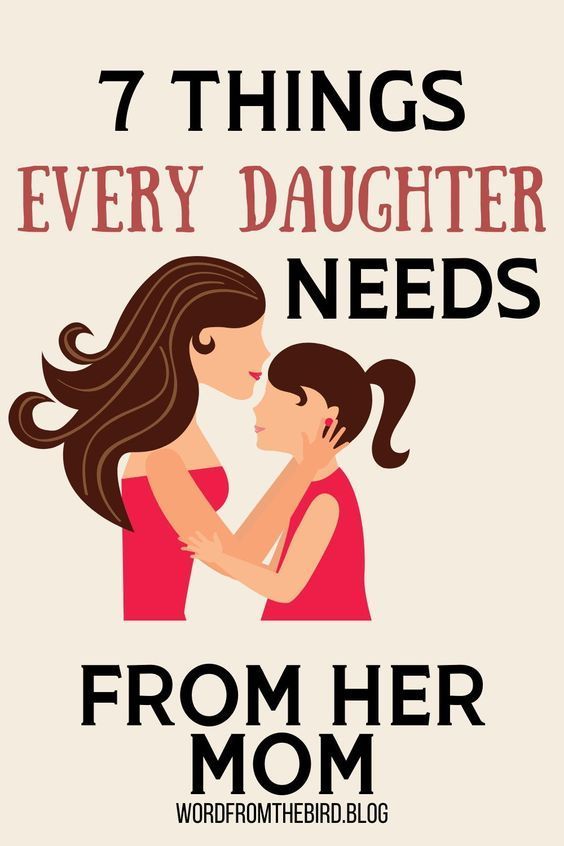
When parents have emptied the family emotional bank account with codependent behaviors, they’ll need to be especially respectful and sensitive to their child. Especially when the child starts to express the pent-up anger that has collected.
Here are some tips to get you started.
- Practice self-care. Instead of relying on your child to take care of your needs, take steps to fulfill your own needs. As you learn to give to yourself, you’ll be able to give to your child.
- Step back. Allow your child the independence to solve age-appropriate challenges. This will give them the self-confidence to trust themselves and stretch further.
- Listen actively. Give your child your full attention when they talk to you. Reflect back what you heard. Then ask them if you heard what they wanted to say.
Where do codependent parents turn to when reaching out for help? The best practice is to dedicate time for counseling sessions with a licensed therapist who’s experienced in codependency or addiction.
But for a variety of reasons, that’s not always possible. You may also find online support groups, books, or organizations that offer helpful resources.
Be patient with yourself when you make the decision to move on to better parenting. You’re on a learning curve. Allow yourself to have some bad days, but keep moving forward.
Codependent Mother, Exasperated Daughter
By Ivy Blonwyn on October 1, 2018
In theory, the mother/daughter relationship should be the best, most loving, longest lasting friendship of a woman’s life. In the past two articles, we had a conversation regarding how a woman’s relationship with her mother deeply affects her ability to have successful female friendships and why so many mother/daughter relationships founder.
But what role does codependency play in a mother and her daughter’s difficulty in maintaining a pleasant friendship with each other?
Each article begins with a premiss and the premiss of this article is simply this: If you’re an emotionally healthy woman, you will mother your child in a healthy manner. If you are a codependent woman, you will confuse codependency with mothering. That dynamic will then be carried on to the adult mother/daughter friendship causing great frustration and possibly the end to what should be a beautiful friendship.
If you are a codependent woman, you will confuse codependency with mothering. That dynamic will then be carried on to the adult mother/daughter friendship causing great frustration and possibly the end to what should be a beautiful friendship.
A codependent mother feels the need to create a perfect Pollyannaish world for her child not as she imagines to ease her child’s pain but rather to ease her own codependent pain at seeing her child suffer the normal bumps, bruises and hard lessons of childhood. Yes, there is a strong element of codependence in mothering an infant and baby who can’t communicate their needs and feelings in words. Yes, a mother must feel her babies’ emotions as her own. But at some point, that needs to be dialled back for a child and teenager to grow and blossom as a unique individual.
The problem arises when this pattern of codependent mothering is carried into her daughter’s teen and adult years. The mother still believes she’s feeling exactly what the daughter is feeling. Her ego assures her she knows exactly how to fix every problem for her daughter and it’s her God given role to do just that. She’s surprised when her daughter doesn’t think, act and talk exactly as the mother would think, act and talk.
Her ego assures her she knows exactly how to fix every problem for her daughter and it’s her God given role to do just that. She’s surprised when her daughter doesn’t think, act and talk exactly as the mother would think, act and talk.
The daughter experiences this as invalidation. Her mother’s constant need to meddle and rescue is extremely frustrating yet, in its disguise of ‘love’, how can she reject it?
With no knowledge of codependency, this daughter can only assume that something is desperately wrong with her. That if she were ‘okay’ Mam wouldn’t need to tell her exactly how to feel, think, speak, act and even dress. That nothing she feels, thinks, says, does or wears that is ‘okay’ as her mother expresses surprise and always suggest some other action.
This isn’t mothering. It’s codependency based on the entirely inaccurate assumption that a daughter is a simply a ‘mini me’ clone of her mother.
My mother has always seen me as, how do I phrase it, merely an extension of herself like a Siamese twin. In her mind, she and I are one person, one heart, one brain, one soul. Even my body was ‘hers’ as she proved by curiously groping my breasts when I was a teenager.
In her mind, she and I are one person, one heart, one brain, one soul. Even my body was ‘hers’ as she proved by curiously groping my breasts when I was a teenager.
But it’s not true! We daughters are separate people from our mothers in every way.
In my case, I believe my mother has (undiagnosed) Aspergers Syndrome while I am neurotypical. Our ways of thinking and feeling couldn’t be more different, a fact my mother finds hard to accept. She clings to her belief that how she feels is how I feel. That her thoughts are my thoughts. That her solutions to life problems will work for me as well. Worst of all, to fan her ego she insists that I still need to be mothered and gets her kicks from continuing to mother me. In her mind, I can’t possibly reconnoitre life successfully as an independent adult woman without her codependent micromanagement of every detail of my life.
It’s ripping our mother/daughter friendship apart while also making me downright paranoiac about befriending any other women, young or old.
When I visit Mam, I’m harangued with a barrage of questions from the frivolous to the intrusive. What am I eating? Am I sleeping enough? Are my monthly cycles running on schedule? When was my last period? Am I pregnant yet? Are we using birth control? Which one? Am I having regular bowel movements? What other female friends do I have? Do I talk about her with them? No topic is out-of-bounds to my mother. She barges into the loo while I’m using it and I even caught her scrolling through the call and browser histories on my iPhone.
When she visits Rhys and me, she rifles through bureaus, commenting excitedly on any chemist’s prescriptions she finds. Gives Rhys career advice. Enquires into our finances. Exclaims disapprovingly on finding alcohol in our home. Reminds me to be careful with kitchen knives and hot pans. Interjects herself into meal preparation. Won’t allow me to drain the parboiled potatoes or remove a roast from the Aga for fear I’d burn myself. She does it for me.
‘Have you tried setting boundaries, Ivy?’ I hear you saying. Many, many times! She ignores them all.
She believes she’s being a loving, caring maternal mother. I believe our mother/daughter friendship is on its last legs.
If she can’t and won’t stop ‘rescuing’ me and respect my boundaries, what is the point? I would never allow another woman to treat me in this extremely disrespectful manner so why does the word ‘mother’ somehow make it all okay?
No, to have a successful friendship a mother needs to stop mothering her adult daughter, especially if she mothers codependently. Codependence looks incredibly nice from the outside, but it’s the death knell of the mother/daughter relationship.
Codependent mother-daughter relationship
Codependent daughter is a woman who is in a destructive relationship with her own parent (usually her mother). Characteristic features are excessive dependence on the opinions, feelings, desires and decisions of the mother, the inability to build their own separate life, mixing and shifting family roles - from parentification to infantilism and lack of independence.
To make an appointment for a psychological consultation call 8(969)060-93-93 .
Causes
Codependency is based on the fears, traumas and complexes of a parent who does not want to acknowledge her own experiences, therefore she unconsciously projects them onto the child and builds relationships based on false ideas, needs and beliefs. The most common options are:
- Hyperopeka . Mom feels anxiety and uncertainty, sees life as dangerous, and the child as not mature enough, unable to make even simple decisions. Excessive care, protection and guardianship turn into the fact that the daughter cannot learn independence. Such relationships often persist even after the child becomes an adult. Due to the lack of experience and false beliefs, the girl cannot adequately assess and overcome difficulties, any obstacle seems insurmountable to her.
- Failure to let go .
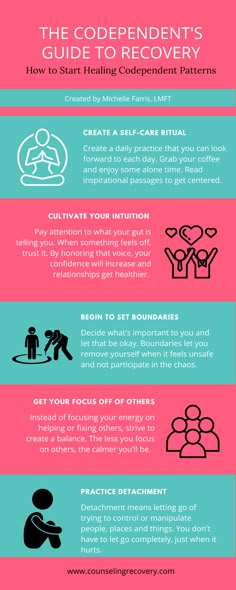 Some parents concentrate entirely on caring for their children. When they grow up, a difficult situation arises - if the grown chicks leave the nest, mom and dad will lose the meaning and purpose of life. Fear of emptiness and meaninglessness makes parents keep "girls" near them, even when they have long been unlearned at the institute.
Some parents concentrate entirely on caring for their children. When they grow up, a difficult situation arises - if the grown chicks leave the nest, mom and dad will lose the meaning and purpose of life. Fear of emptiness and meaninglessness makes parents keep "girls" near them, even when they have long been unlearned at the institute. - Dream of an ideal child . The real need that lies behind such a dream is compensation for the unfulfillment and failures of the parent. Women try to give their children what they did not receive themselves, without taking into account their desires and needs. The result of such upbringing is "obedient girls" who attended many circles, have commendable letters and a good education, but have not learned to live an ordinary life.
Along with the above factors, in all cases bad boundaries between parent and child play a huge role, expressed in many different ways. A mother can unceremoniously invade her daughter's space. A blurring of responsibility is possible, in which it seems as if the happiness or unhappiness of another depends on one person.
A blurring of responsibility is possible, in which it seems as if the happiness or unhappiness of another depends on one person.
A common variant is a mixture of feelings - a young and adult woman is so close that it is not clear who owns resentment, guilt, fear or despair. An important role is played by the fear of losing love, which can also manifest itself from two sides. An unloved mother is afraid of losing her daughter's love, so she behaves too intrusively and takes up a lot of space in her life. An unloved daughter tries to please her mother, unconsciously hoping to get what she could not achieve in childhood.
Possible options
Co-dependent relationship between mother and adult daughter can develop according to three scenarios. The first is an infantile child. The grown-up “girl” remains dependent, the mother provides money, makes important decisions, etc. The second is parentification. The mother cannot cope with life due to character traits, illnesses, personal failures or mental disorders, so the child takes on the role of the parent. The third is "friends". Outwardly the most favorable, since the women are very close and feel comfortable with each other, but, in fact, just as destructive as the first two, because it prevents both of them from living their own lives.
The third is "friends". Outwardly the most favorable, since the women are very close and feel comfortable with each other, but, in fact, just as destructive as the first two, because it prevents both of them from living their own lives.
The listed options are rarely found in their pure form, usually the scenarios intersect and overlap each other with a predominance of one component. But in whatever version codependency manifests itself, it always limits the capabilities of both members of the duet.
How to solve the problem
Due to age and stereotypes of behavior, parents rarely try to get out of co-dependent relationships, especially since they were once formed taking into account their traumas and experiences. Therefore, the daughters have to take the initiative. The problem is that this format of intimacy is familiar, so it seems absolutely normal.
People do not notice the adverse consequences of codependency for years: inability to start their own family, lack of friends, difficulties at work, financial difficulties. In order to look at relationships with a “fresh eye”, it is worth highlighting the following patterns that indicate the presence of codependence:
In order to look at relationships with a “fresh eye”, it is worth highlighting the following patterns that indicate the presence of codependence:
- the need to consult with mother on any occasion;
- strong fear of error when trying to make a decision on your own;
- panic reactions with mother's disapproval;
- inability to say "no" or an acute sense of guilt when refusing";
- the feeling that it is only possible to be comfortable and safe with mom, an increase in anxiety and uncertainty when moving away.
Even the presence of one or two signs is already an alarming "bell". If all or most of these features are present, it's time to sound the alarm.
How to solve the problem
A woman who decides to change her destiny will have to do a lot and look at a lot differently. The most important step is to accept responsibility and gain independence. It will not be easy - to do it late, when most of the peers have already learned, is much more difficult than with the rest. Mistakes are unavoidable in the beginning, but it is impossible to do without them.
Mistakes are unavoidable in the beginning, but it is impossible to do without them.
You need to take your mother off the pedestal and stop considering her an indisputable authority. This will help you free yourself from within, stop constantly looking back at the other person and freely choose your own path.
One of the most difficult tasks is to live through old feelings, stop being angry, offended, consider your mother obliged to compensate for some losses, etc. Everything turned out the way it happened, you can’t return it back, you can’t replay life again. Parents tried their best and gave what they themselves had. If they didn’t give something, then there’s no point in waiting, they don’t have it themselves. The issue of forgiveness is complex and ambiguous, the recipe for “letting go” does not work for everyone. You will have to look for your own way to reduce the intensity of emotions and find peace in your soul.
You will need to sort out financial issues, make efforts to gain financial independence, and possibly get a new specialty. Life changes will entail a revision of the social circle. If earlier only mother was the support, now, along with self-support, it is worth learning to take help from other people and help them in return, because equal adult relationships are always based on balance.
Life changes will entail a revision of the social circle. If earlier only mother was the support, now, along with self-support, it is worth learning to take help from other people and help them in return, because equal adult relationships are always based on balance.
Doing this kind of work alone is not easy. At the initial stage, it is worth asking for help from a psychologist. Collaboration with a specialist will provide an opportunity to find old vicious strategies and replace them with new, more productive ones. The psychologist will tell you what to do when you can not cope with feelings. His support will help when self-confidence is still not enough and you want to rely on someone. New principles of relationships diversify the list of habitual patterns of behavior and help to go beyond the vicious circle. You can find a way out in any circumstances. Sometimes this requires a lot of work, but with sufficient desire, everything is possible.
To make an appointment for a codependency consultation, call tel. 8(969)060-93-93 .
8(969)060-93-93 .
dependent mother and dependent daughter, Psychology - Gestalt Club
Emotional dependence: dependent mother and dependent daughter
- The author of the article: Tatyana Linnik
Tatyana Linnik
Psychology - August 16, 2019 at 20:13
Emotional dependence: dependent mother and dependent daughter.
Let's continue the theme of the relationship between mother and child,
today about the emotional mutual dependence of the mother and daughters.
I am now talking about the time when I was already an adult daughter, say, 20+ years old.
Which of them is emotionally dependent and does not allow the other to live?
There are two in the situation: a daughter and a mother, respectively, are possible different variants of dependence and independence between them:
- dependent mother - independent daughter,
- dependent daughter and independent mother.
The most difficult situation of unhealthy relationships,
when the mother is dependent on the daughter and the daughter is dependent on the mother.
Today I will tell you exactly about such a case, when it was not possible to complete to separate
neither daughter from mother nor mother from daughter.
Again, I'm talking about a situation where the daughter is an adult 20+.
**And then the mother, with varying degrees of annoyance, will get into business daughters, advise, insist that they do as she tells, make decisions for your daughter.
**Can criticize and evaluate her man (if her daughter has one). She can even choose and recommend a man in her own way choice.
**Perhaps the mother will buy things without the consent of her daughter, in a variety of ways to return it to a state dependent on her child.
Mom cannot accept her adult daughter ADULT,
cannot let go of herself, from her care, cannot DO NOT control and DO NOT take care of her, CANNOT!
Mom is emotionally dependent on her daughter, she can’t break away on her own Maybe.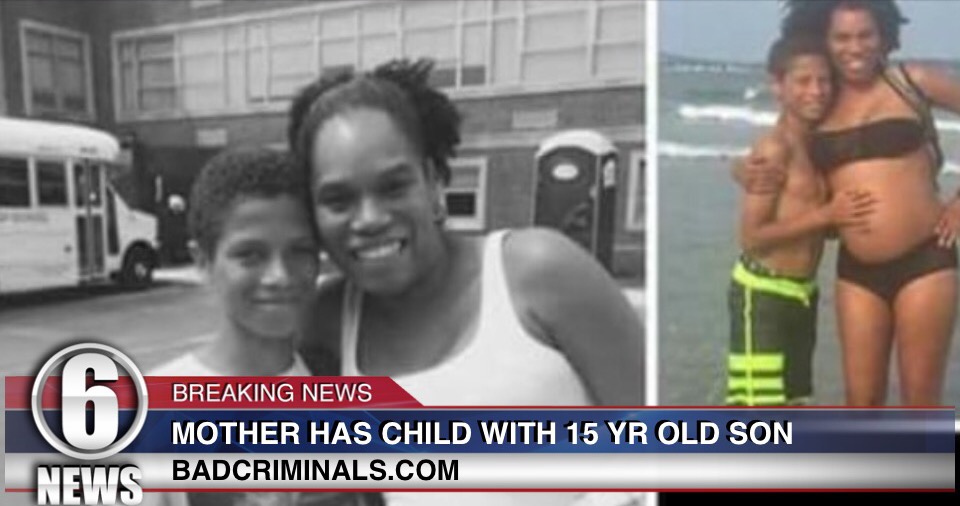
She plans her future with her daughter, plans to live with her and spend time with her.
She has few or no girlfriends of her own.
At the same time, the daughter may also be insufficiently separated from mother.
And with all the desire for independence - does not find in himself strong enough to get away from mom.
She can live separately and in another city, but call up her mother several times a day, talking for several hours, with her and just consult with her and resolve all issues.
Often a mother is her daughter's only friend, and her daughter's mothers.
Between them there are often reproaches, depreciation, guilt and resentment, criticism, dissatisfaction with each other in a very different form.
And the daughter, despite her apparent adulthood, fully claims her mother and keeps long grievances from the past, that she gave something wrong and gave something wrong in upbringing and growing up, didn’t say so, etc.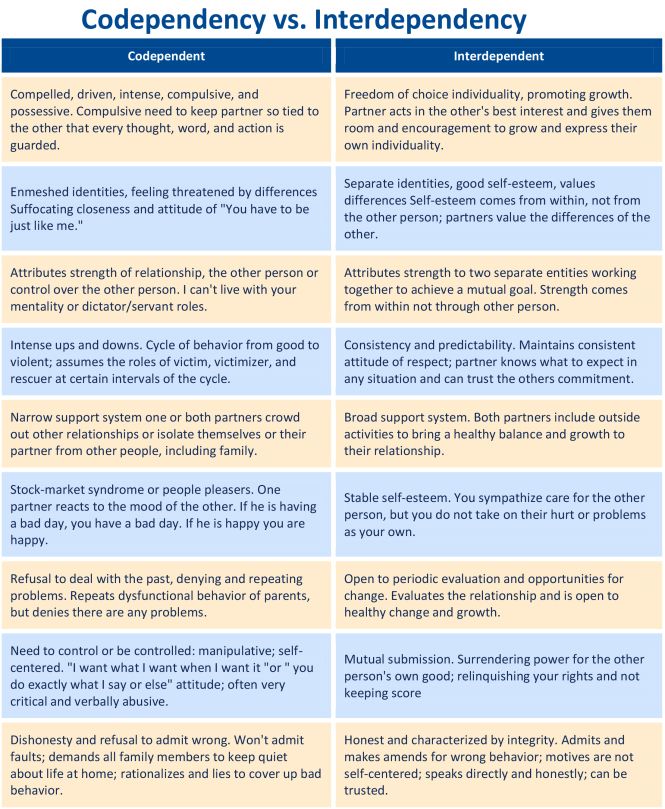
They are unable to build adult partnerships, communicate in measure,
at the level of You are an adult and I am an adult, and we are equal to each other friend.
The inequality is visible: there is more in the life of the mother's daughter than her life.
And in the life of a mother, the life of a daughter is greater than her life.
They are busy with each other's lives, not their own.
The daughter can also quite filter the suitors of the mother and her friends.
They interfere with each other and cannot be separated from each other.
In conclusion, I can say that the stronger the bond between mother and adult daughter - the less likely it is for a man to appear, like daughter, and mother (in case of her loneliness).
If the mother is not alone - one can see the weakening of the male role in her family.
The third one between them is simply superfluous.
